All rights reserved.
Published in the United States by Ten Speed Press, an imprint of the Crown Publishing Group, a division of Random House, Inc., New York.
www.crownpublishing.com
www.tenspeed.com
Ten Speed Press and the Ten Speed Press colophon are registered trademarks of Random House, Inc.
DEDICATED TO:
MANKAS INVERNESS LODGE
Where I have loved to go for years when I needed to get away, escape, cook, but mostly, be taken care of in the most beautiful and bountiful ways by Margaret Grade and Daniel DeLong. Margaret and Daniel are the chefs and innkeepers at Mankas, located in one of the most poetic and majestic places in Northern California, in a small town called Inverness, very close to Point Reyes, in the county of West Marinthey will always have my love.
Contents
Introduction
I COOK PROFESSIONALLY, for the rush and for fun, and I cook to relax and take care of myself. When I come home after working at the restaurants all day and night, I am hungry and have the energy for more. That may sound strange because I am surrounded by food all the time, but its true. I love cooking in competition also, which is a sort of ultimate test of cooking in a specific time frame and pulling out the best cook and performer I can be under the lights, camera, and pressure.
People always think that while you are cooking, you must be eating, but thats not what really happens. As a chef, I constantly taste while I am cooking at work and when I come home I am needing balance and am hungry for dinner, playtime, and downtime. Cooking and entertaining is how I enjoy making people happy, as well as nurturing them when they are at the table at the restaurant or at a dinner party. I want the same kind of satisfaction at the end of a day or on an off day. Also, running around the restaurant all night is a serious body-warping workout that can be physically and mentally exhausting. I have my dogs to come home to and I work out a lot, mixing it up with yoga, kickboxing, boxing, and Korean swordfighting. My days and nights are in constant motion so, when I get home or have a day off to cook for my friends, Im ready to eat. And, believe it or not, Im excited to cook, too.
Cooking all day and working with my crews and cooking at events are fun and its my job, but when I cook at home, it is usually about relaxing and preparing something without the pressures in the restaurants. I make things that dont take much time or effort, and if I am craving something that does take a little more time, such as .
Youll recognize some of these recipes as classics, but with unexpected nuances or twists, because analyzing and reinventing a dish is exactly what I do as a chef.
Often I come home from work and despite my good intentions, I really dont have much in the way of fabulous ingredients on hand. I might have a few cans of things and a stash of good spices and luckily a few pots of cooking herbs on the patio. Heres where I must rely on my creativity and palate to come up with something satisfying and delicious. I find this an exercise in humility to let the ingredients speak for themselves, and I just have to pay attention. Sometimes these are the best recipes, and I have included many of them in this book.
The of this book offers recipes for my favorite condiments, including a great steak sauce, an endlessly useful tomato sauce, and a creamy horseradish sauce to wake up meat, plus basics like simple chicken and beef stocks, crunchy bread crumbs, and the best ways to cook eggscoddled to hard-boiled to deviled. All are great additions that add layers of flavors to the recipes throughout the book. For most of these condiments, though, if making your own just seems like too much work, you can substitute store-bought. For example, you just cannot deal with making stock, buy cartons of chicken, beef, or vegetable broth.
In this book, Ill show you how to stock your pantry, plan a little for more efficient cooking, shop for great ingredients and be inspired by them, think about combinations, and prepare delicious dishes. When I go to the market for myself, I try to think about what I am craving that week. I might buy whatever produce looks good at the time, pick out some meat or poultry and keep them in the freezer, and grab a few basic pantry ingredients, like garlic, potatoes, herbs, cheese, canned tomatoes, ginger, olives, and things that if you have on hand, just make it easier to come home and whip something up. I have written most of the recipes to serve two to four. However, I am often just cooking for myself or maybe another person or two, so cutting the recipe in half or in quarters should be easy to do here as well as doubling it to serve six to eight.
Typically, I go through phases when I get obsessed about reinterpreting a classic dish in a new and great way, or using as many tomatoes as possible at their seasonal peak. Or its an obsession with a regional cuisine or a technique I really want to master. This usually spills into making it both at work and at home. This sort of challenge is almost a game for me, in a way, because its how I keep food ideas coming. My home kitchen becomes my laboratory. From there, I might interpret those ideas for the restaurants.
THE PANTRY: HOW TO STOCK IT
I often shop at farmers markets, mostly for the restaurants, but once in a while for myself. The freshness, variety, and quality of what I find there, particularly produce picked in season and just hours from the farm, is unbeatable. For my home pantry, I shop at a supermarket and some specialty shopsthe sources for most of the ingredients in this book.

Oils
I do like to have a basic inexpensive olive oil for starting sauts and for general cooking. Canola oil is great for frying and for mayonnaise. And a flavorful, extra-virgin olive oil for vinaigrettes and for finishing dishes.

Spices
Spices are a pantry necessity. I prefer buying them as whole seedsparticularly nutmeg, fennel, cumin, and coriander seedthat I toast, grind, or grate, as they add considerably more flavor to a dish than the powdered forms. You can use preground spices to substitute for whole ones here, but make sure the powered spice is fresh and has aroma before adding it to anything. If it smells like dust, it will taste like dust. The problem is that as soon as spices are ground, the volatile oils, which equal flavor, get released in the air, so it is best to grind a spice just before adding it to a dish.





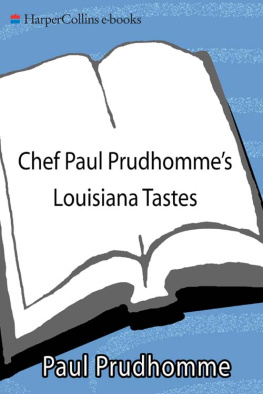
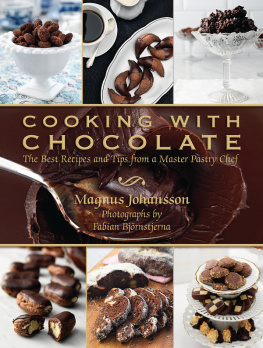
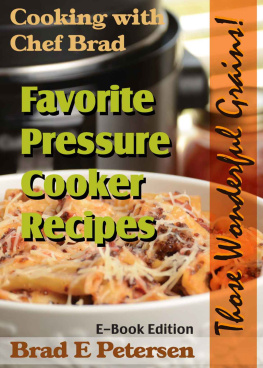

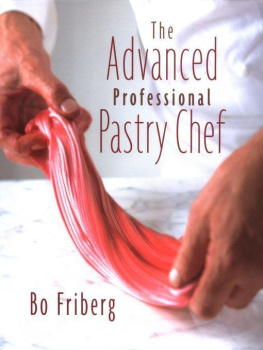
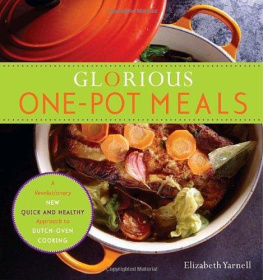
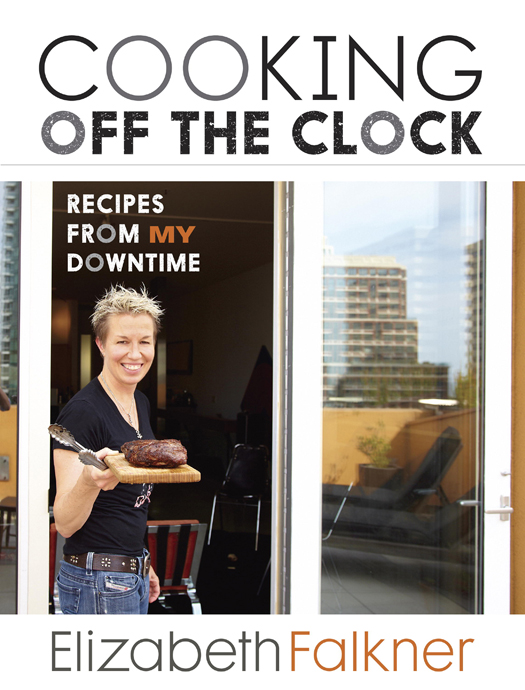
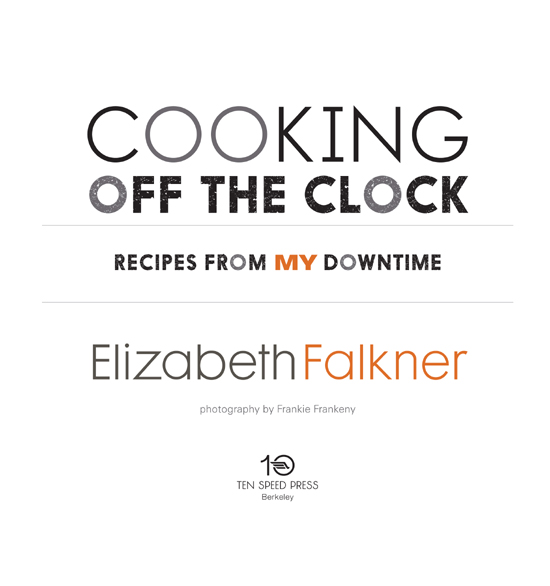
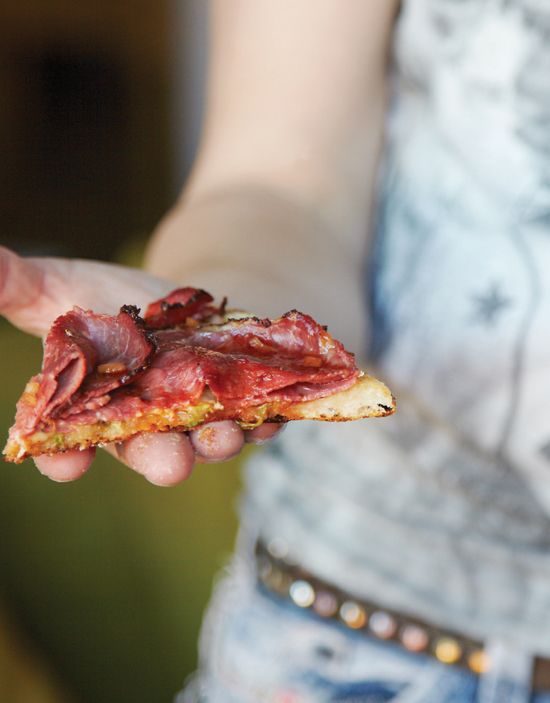
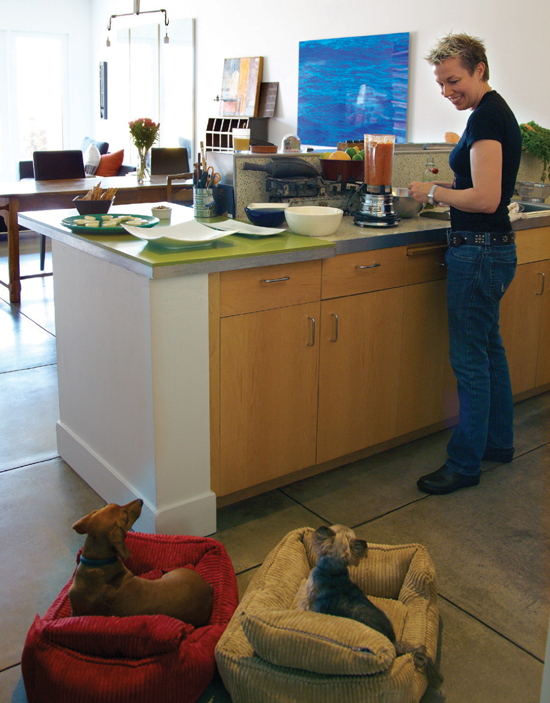
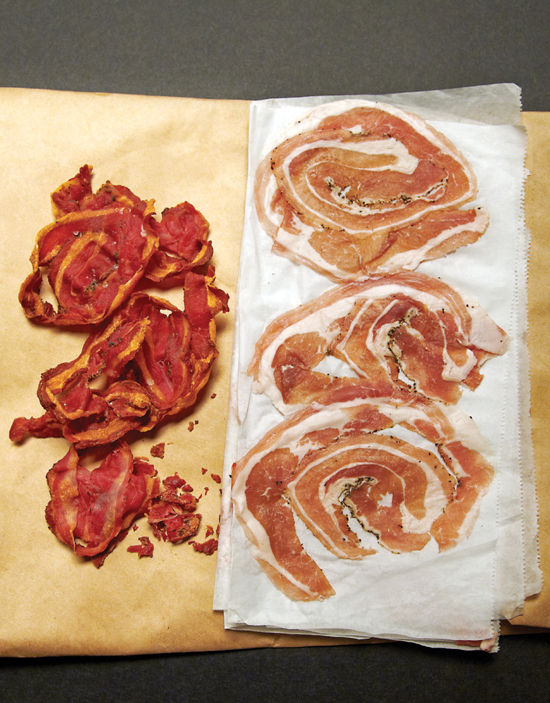
 Oils
Oils